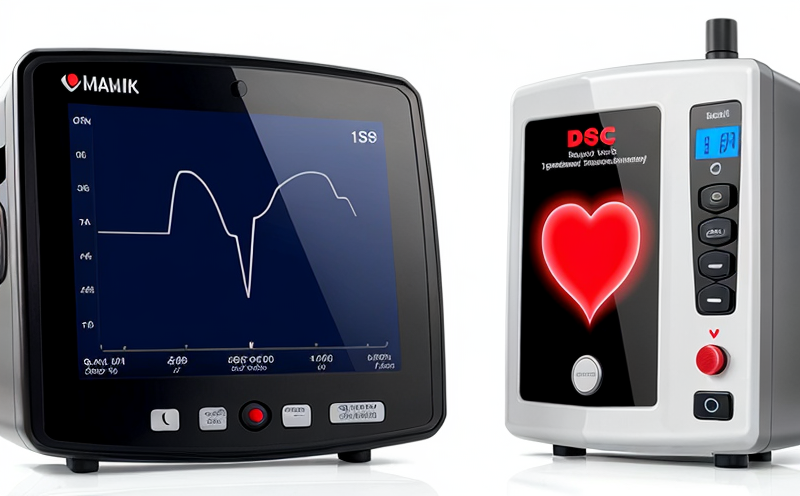ASTM F2977 Fatigue Testing of Shoulder and Cardiovascular Prostheses
The ASTM F2977 standard is pivotal in ensuring the reliability and safety of shoulder and cardiovascular prostheses. This test evaluates how well a prosthesis withstands repetitive loading, simulating real-world conditions such as daily activities or cardiac functions over time.
Understanding the mechanics behind this fatigue testing is crucial for quality managers and compliance officers. The ASTM F2977 standard specifically targets shoulder and cardiovascular prostheses to ensure they can endure repeated stress without failure, which is essential in medical device manufacturing.
The test involves subjecting a prosthesis specimen to cyclic loading conditions that mimic the typical mechanical stresses encountered during use. This process helps identify any potential weaknesses or flaws in design before the product reaches market. Rigorous testing ensures patient safety and regulatory compliance.
For R&D engineers, this service provides critical insights into material selection and structural integrity of prosthetic devices. By adhering to ASTM F2977 standards, manufacturers can optimize their designs for longevity and performance while minimizing risks associated with early failures.
Quality managers will appreciate the comprehensive analysis provided by our laboratories. Compliance officers benefit from knowing that they are meeting stringent international standards, thereby ensuring their products meet regulatory requirements.
In summary, ASTM F2977 fatigue testing is a vital step in developing safe and effective shoulder and cardiovascular prostheses. It plays an indispensable role in maintaining high quality and reliability standards within the medical device industry.
Applied Standards
| Standard Reference | Description |
|---|---|
| ASTM F2977-18 | Cyclic loading test method for shoulder and cardiovascular prostheses. |
| ISO 14845:2016 | General principles for the design, development, testing and qualification of medical devices. |
International Acceptance and Recognition
- The ASTM F2977 standard is widely recognized by regulatory bodies worldwide, including the FDA in the United States.
- It is also accepted by European Union authorities for compliance purposes.
- This international acceptance ensures that products tested according to this standard are more easily approved and marketed globally.
Competitive Advantage and Market Impact
- By adhering to ASTM F2977 standards, manufacturers gain a significant competitive edge by demonstrating superior product quality and reliability.
- This compliance can lead to increased market share as customers trust that the product meets rigorous safety and performance criteria.





